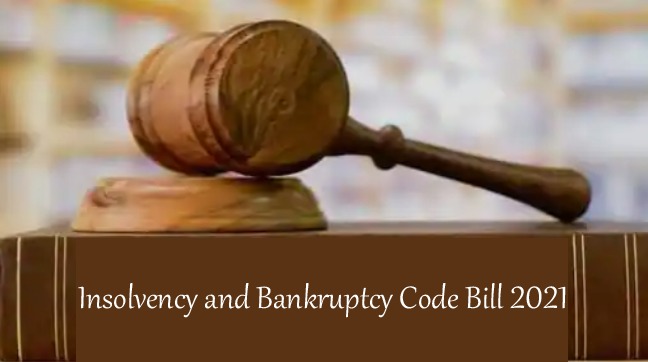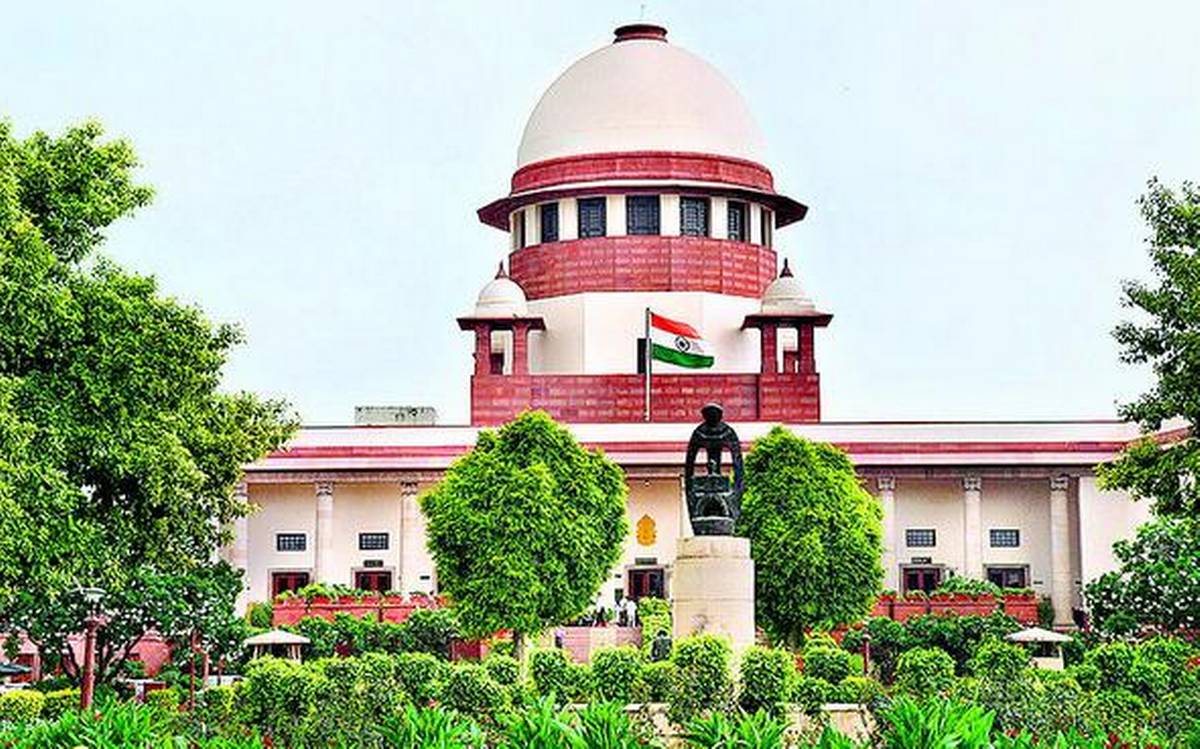
Surge in Cases Against Personal Guarantors Under Insolvency Law
Recently, there has been a notable surge in cases involving personal guarantors under the Insolvency and Bankruptcy Code, 2016 (IBC). This trend has garnered significant attention, particularly with high-profile individuals such as Subhash Chandra, the chairman of Zee Entertainment Enterprises Ltd, and the Jhaveri brothers, being drawn into legal battles under this framework. The emergence of such cases raises critical questions about the legal avenues available to personal guarantors following their exit from primary loan obligations through IBC settlements.
Legal Analysis
Under the IBC, once a corporate debtor undergoes insolvency proceedings resulting in a settlement or resolution plan, personal guarantors associated with the debtor can still face claims from creditors seeking to recover outstanding debts. This has been exemplified by cases where despite corporate entities settling their dues under IBC, creditors have pursued personal guarantors to recover remaining liabilities.
The legal landscape regarding personal guarantors under IBC is intricate. While the code primarily addresses corporate insolvency, provisions exist for creditors to pursue guarantors individually. This ensures that guarantors cannot easily evade liabilities merely because the primary borrower entity has resolved its debt through the IBC.
Case Studies
1. Subhash Chandra: The case involving the Zee supremo highlights the complexity where personal guarantors are pursued despite the corporate entity resolving its financial obligations under IBC. This prompts a deeper examination into whether personal guarantors can find an escape route post-IBC resolution.
2. Jhaveri Brothers: Another prominent example involves the Jhaveri brothers, where despite the corporate entity's insolvency proceedings, creditors are pursuing the guarantors personally, questioning the efficacy of IBC as a shield for personal guarantors.
Key Questions
- What measures can personal guarantors take to protect themselves from post-IBC claims?
- Are there any legislative reforms needed to clarify the rights and obligations of personal guarantors under IBC?
- How can the judiciary ensure a fair balance between creditor rights and the legitimate interests of personal guarantors
- Navigating the Maze: Legal Challenges for Personal Guarantors under IBC
- The sudden influx of cases against personal guarantors under the IBC underscores the evolving nature of insolvency law in India. While the code provides a robust mechanism for corporate debt resolution, challenges remain regarding the liability of personal guarantors post-resolution. As these cases continue to unfold, it becomes imperative for stakeholders, including legal experts, policymakers, and the judiciary, to critically analyze and address the legal complexities surrounding personal guarantors under the IBC.
This report highlights the current legal dilemmas faced by personal guarantors under the Insolvency and Bankruptcy Code, amidst a surge in cases involving high-profile individuals.
Your free access to Supreme Law News has expired
Delhi, Mumbai & Dubai
Tel: M- 91- 9818320572. Email: editor.kumar@gmail.com
Website:
www.supremelawnews.com
www.ajaykr.com, www.4Csupremelawint.com
Facebook: /4Clawfirm, /legalajay Linkedin: /ajaykumarpandey1 Twitter: /editorkumar / YouTube: c/4cSupremeLaw Insta: /editor.kumarg
Telegram Channel
Whatsup Channel











